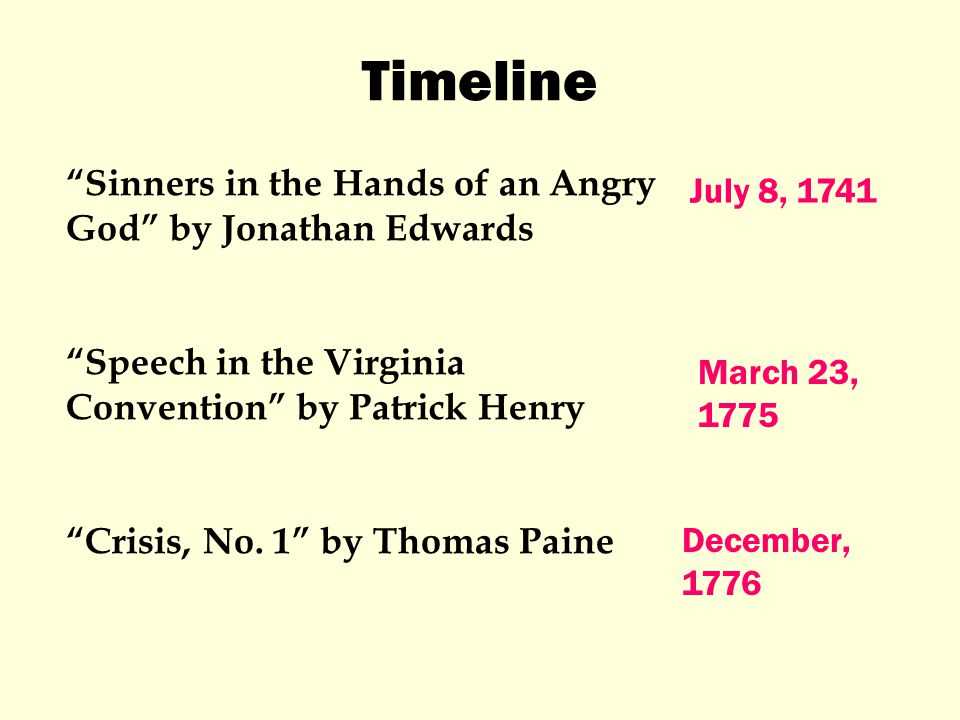
Patrick Henry’s “Speech in the Virginia Convention” is a powerful call to action that was delivered at the Virginia Convention in 1775. It was a time of great uncertainty and tension as the American colonies were on the brink of revolution against British rule. In his speech, Henry addresses the delegates and poses a series of questions that challenge their loyalty and commitment to the cause of independence.
One of the key questions raised by Henry in his speech is whether the delegates are willing to continue to negotiate and seek reconciliation with the British government, or if they are ready to take up arms and fight for their freedom. He emphasizes the urgency of the situation and the need for immediate action, warning that procrastination could only lead to more oppression and tyranny from the British.
Another important question raised by Henry is whether the delegates truly understand the gravity of the situation and the sacrifices that may be required in the pursuit of liberty. He uses powerful imagery and emotional appeals to drive home the point that the struggle for freedom is not an easy one, but one that demands courage, determination, and sacrifice.
This article will delve into the questions and answers that Patrick Henry presents in his speech, exploring the significance of each question and the implications it has for the delegates and the future of the American colonies.
Background and Historical Context
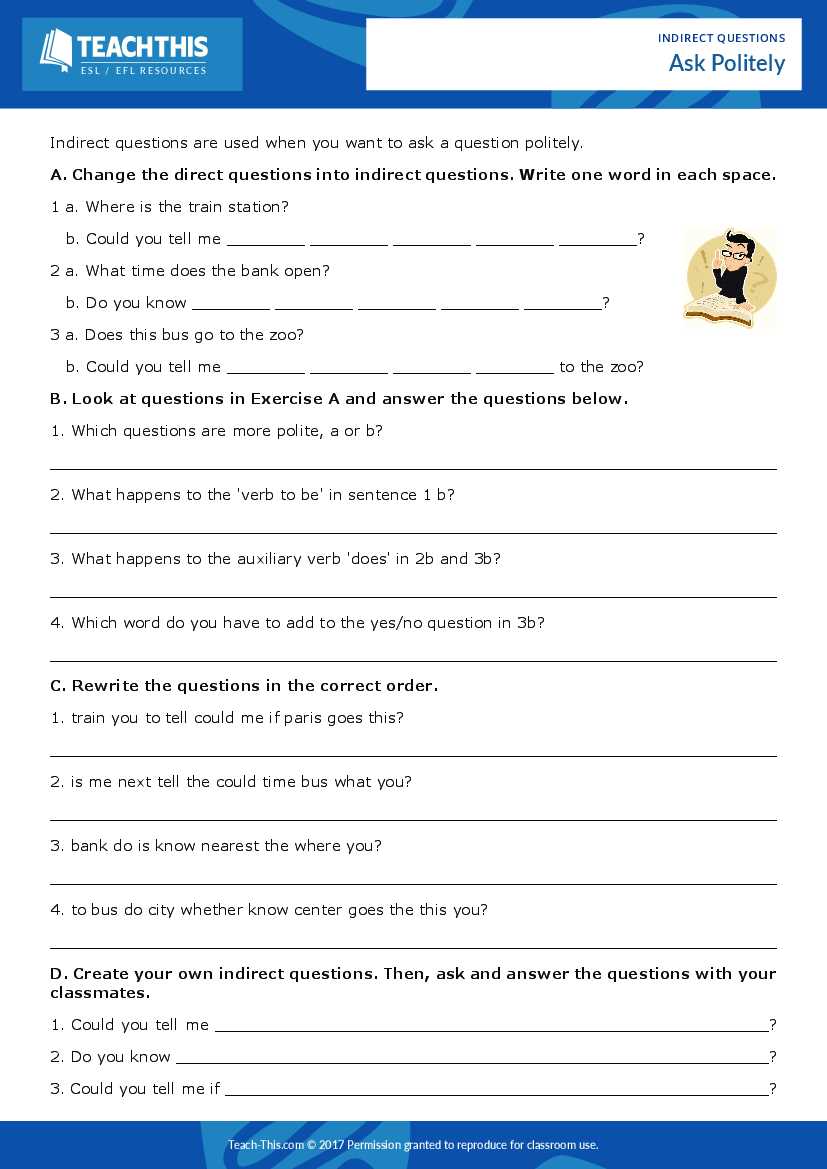
In 1775, tensions between the American colonies and the British Empire came to a breaking point. The colonists were growing increasingly frustrated with British rule and felt that their rights were being violated. As a result, the First Continental Congress was convened to discuss potential courses of action.
During this time, Patrick Henry, a lawyer and member of the Virginia House of Burgesses, delivered his famous speech at the Virginia Convention. Henry was known for his passionate and persuasive oratory skills, and his speech would become one of the most influential speeches in American history.
The context of Henry’s speech was the debate over whether the colonies should take up arms against the British Empire. While some delegates advocated for peaceful resolutions, Henry argued for armed resistance. He believed that diplomatic efforts had failed and that the colonists had no choice but to fight for their freedom.
Henry’s speech was not only a call to arms but also a rallying cry for unity among the colonists. He emphasized the gravity of the situation and urged his fellow countrymen to stand together in the face of oppression. His words echoed the sentiments of many colonists who were ready to fight for their rights and independence.
Ultimately, the American Revolution would break out shortly after Henry’s speech, leading to the birth of a new nation. Henry’s words would continue to resonate throughout history as a reminder of the power of passionate and persuasive rhetoric in inspiring change and inciting action.
The Significance of the “Speech in the Virginia Convention”
The “Speech in the Virginia Convention” by Patrick Henry is a historically significant speech that played a crucial role in the American Revolutionary War. Delivered on March 23, 1775, in St. John’s Church in Virginia, the speech transformed the attitude of the colonists towards British oppression, and it served as a catalyst for the fight for independence.
Henry’s speech was a powerful call to action, as he passionately argued for immediate resistance against British tyranny. He used persuasive and rhetorical techniques to appeal to the emotions and values of his audience, striking a chord with the colonists who were weary of British rule and seeking a way to assert their rights. Henry’s use of dramatic language, such as his famous quote “Give me liberty or give me death,” has become an iconic symbol of American patriotism.
In his speech, Henry eloquently articulated the grievances of the colonists, highlighting the injustices and abuses committed by the British Crown. He exposed the hypocrisy of British claims for protection and portrayed their actions as oppressive and tyrannical. His words resonated with the audience and instilled in them a sense of urgency and determination to break free from British rule, sparking a call to arms.
The significance of Henry’s speech lies not only in its immediate impact in galvanizing support for the Revolutionary cause but also in its lasting legacy. The principles and ideals expressed in the speech became essential tenets of American democracy and continue to inspire and shape the nation’s values. The “Speech in the Virginia Convention” stands as a testament to the power of persuasive rhetoric in mobilizing a nation and influencing the course of history.
Key Themes and Ideas in the Speech
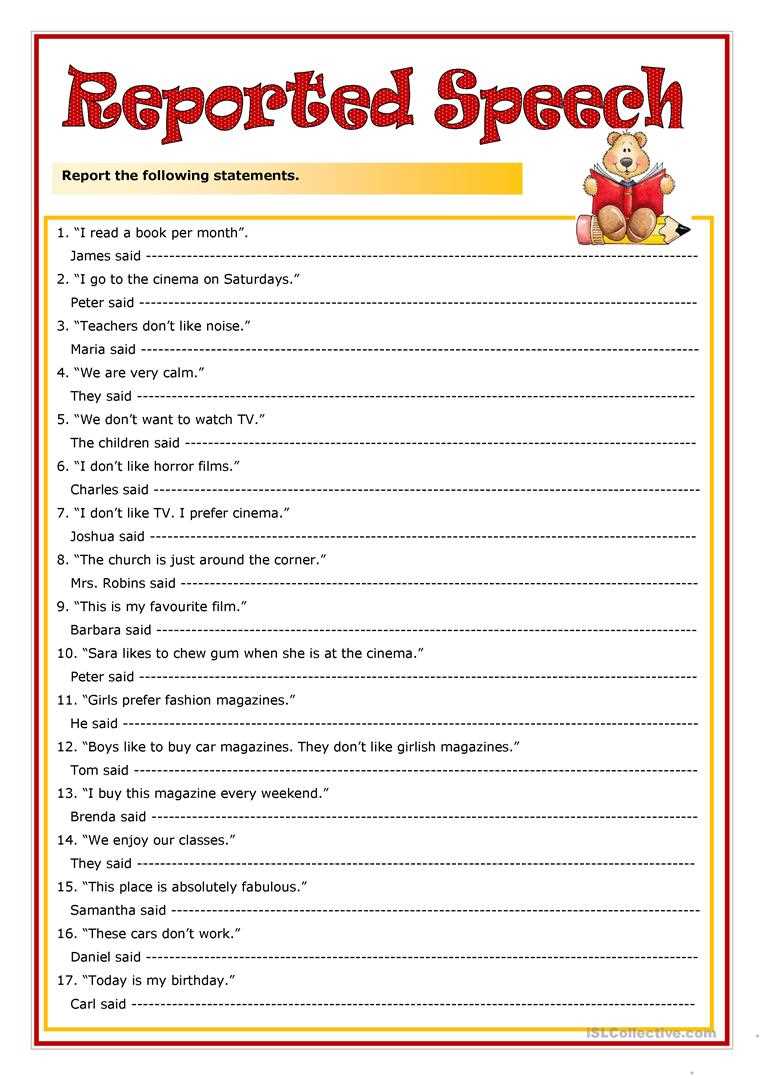
In his speech at the Virginia Convention, Patrick Henry addresses the audience with a sense of urgency and conviction. He lays out several key themes and ideas that are meant to persuade and rally the listeners to take action against the British rule. One of the main themes in his speech is the idea of freedom and the right of the American colonies to govern themselves.
Henry emphasizes the importance of liberty and the need to fight for it. He repeatedly uses strong phrases such as “give me liberty or give me death!” to evoke emotions in the audience and to show the severity of the situation. By emphasizing the importance of freedom, Henry aims to unite the colonists and convince them to join the cause of independence.
Another key idea in Henry’s speech is the concept of unity and the need for the colonies to come together in their resistance against the British. He emphasizes the common interests and grievances of the colonists, and urges them to put aside their differences and work together for the greater good. Henry recognizes the challenges that lay ahead, but believes that unity and strength can overcome any obstacles.
Henry also appeals to the audience’s sense of pride and honor. He portrays the British rule as oppressive and degrading, and calls upon the colonists to defend their dignity and honor as free people. By appealing to their sense of pride, Henry aims to motivate the colonists to take action and fight for their rights.
In summary, Patrick Henry’s speech at the Virginia Convention is filled with key themes and ideas that are meant to inspire and mobilize the colonists. From the importance of freedom and unity, to the appeal to pride and honor, Henry’s words resonate with passion and urgency, urging the audience to take a stand against British rule.
Patrick Henry’s persuasive rhetoric
Patrick Henry was a master of persuasive rhetoric, using powerful language and emotional appeals to convince his audience of the need for revolution. In his famous speech, “Speech in the Virginia Convention,” Henry skillfully employs rhetorical devices to effectively convey his message and inspire action.
One of the most striking aspects of Henry’s rhetoric is his use of vivid imagery. He paints a vivid picture of the potential consequences of inaction, warning his fellow delegates that “the battle, sir, is not to the strong alone; it is to the vigilant, the active, the brave.” By using this imagery, Henry appeals to the delegates’ sense of duty and urgency, urging them to take action before it is too late.
Another powerful rhetorical device that Henry employs is repetition. He repeats the phrase “I know not what course others may take,” emphasizing his independence of thought and his willingness to stand alone in his convictions. This repetition creates a sense of authority and confidence, making his arguments even more compelling.
Furthermore, Henry utilizes powerful emotional appeals throughout his speech. He taps into his audience’s fear and anger, declaring that there is no retreat but in submission and slavery. By invoking these strong emotions, he stirs up a sense of patriotism and instills a desire for freedom in his fellow delegates.
In conclusion, Patrick Henry’s use of persuasive rhetoric in his speech is both masterful and effective. Through his vivid imagery, repetition, and emotional appeals, he successfully convinces his audience of the need for revolution and inspires them to take action. His skillful use of language and powerful rhetoric has made “Speech in the Virginia Convention” one of the most influential speeches in American history.
Analysis of Patrick Henry’s Arguments
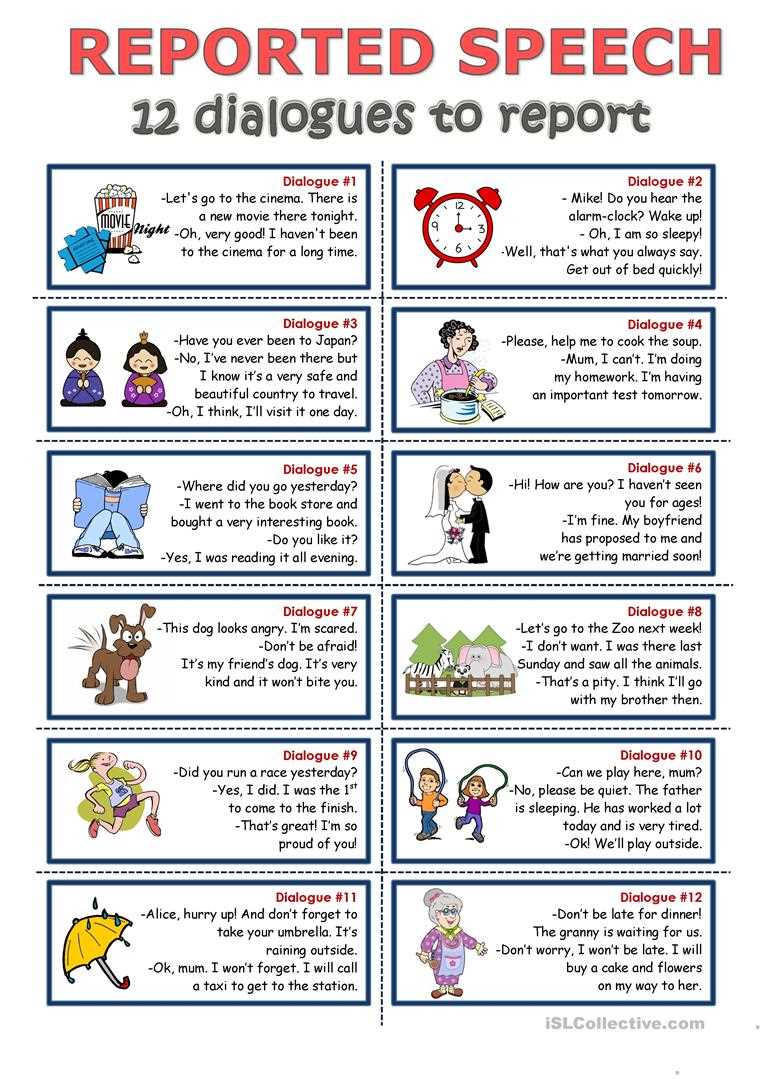
Patrick Henry’s speech “Speech in the Virginia Convention” is a powerful piece of rhetoric that uses various persuasive techniques to convince his audience to take action against British tyranny. Henry’s arguments are based on a combination of logical reasoning, emotional appeal, and historical evidence, making his speech highly effective in rallying support for the American Revolution.
One of the key strategies Henry employs is the use of strong emotional language to evoke a sense of fear and urgency in his listeners. He repeatedly refers to the British as “tyrants” and warns of the potential consequences of inaction, such as slavery and death. By tapping into the audience’s emotions, Henry successfully captures their attention and motivates them to join the cause.
To further strengthen his arguments, Henry relies on historical references and examples. He reminds his audience of past British abuses, such as the Boston Massacre, the Intolerable Acts, and the destruction of American rights. By recounting these events, Henry establishes a pattern of British oppression and justifies the need for immediate action to protect American liberties.
In addition to emotion and history, Henry also employs logical reasoning to bolster his arguments. He carefully constructs his speech, presenting a series of rhetorical questions and counterarguments to address potential opposition. By anticipating and refuting potential objections, he strengthens his own position and further convinces his audience of the necessity for revolution.
In conclusion, Patrick Henry’s speech in the Virginia Convention is a masterful example of persuasive rhetoric. By using emotional language, historical references, and logical reasoning, Henry effectively builds his case for American independence and rallies support for the Revolution. His arguments continue to resonate today as a timeless call to action in the face of tyranny and oppression.
The Importance of Unity and Resistance against British Oppression
During the time of the American Revolution, the colonists faced significant challenges and oppression from the British ruling forces. In order to overcome these struggles, unity became a crucial aspect for the success of their resistance. It was essential for the colonists to stand together and work as a cohesive group, despite their differences, in order to achieve their goal of independence.
Unity among the colonists was vital because it allowed them to pool their resources and skills together. With a united front, they could utilize their collective knowledge and abilities to strategize and execute plans against the British forces. This unity also instilled a sense of strength and resilience in the colonists, as they understood that they were not alone in their fight.
“We must all hang together, or assuredly we shall all hang separately.” This famous quote by Benjamin Franklin exemplifies the importance of unity during this time. If the colonists were not united in their efforts, they would have been easily defeated by the British. By standing together, they were able to present a stronger opposition and make it clear that they were not willing to back down.
In addition to unity, defiance and resistance were also crucial in the colonists’ fight against British oppression. They had to actively resist the unjust laws and policies imposed by the British government. Without resistance, the colonists would have been subjected to continued oppression and exploitation, without any hope of achieving their desired freedom.
The resistance against British oppression was not only a physical fight but also a battle of ideas and principles. Leaders like Patrick Henry urged the colonists to stand up for their rights and not be intimidated by the British forces. This resistance was a form of defiance that challenged the authority and legitimacy of the British rule. It showed the colonists’ determination to establish a new form of government that would prioritize their individual liberties and rights.
In conclusion, unity and resistance were two essential components in the colonists’ fight against British oppression during the American Revolution. Their ability to unite and work together as a cohesive force, along with their refusal to accept the unjust rule, ultimately led to their success in gaining independence. This serves as a reminder of the power of unity and resistance in the face of adversity and oppression.
Impact and Legacy of the Speech
Patrick Henry’s speech, “Speech in the Virginia Convention,” delivered on March 23, 1775, had a profound impact and left a lasting legacy. His powerful words not only rallied the Virginia patriots but also played a significant role in shaping the ideology of the American Revolution.
Immediate Impact: Henry’s speech immediately galvanized the Virginia Convention and helped to overcome the reluctances of some delegates to support armed resistance against the British. His passionate call to action stirred emotions and created a sense of urgency, leading to the passing of a resolution to raise militias to defend Virginia’s rights.
Inspiration for Revolution: The impact of Henry’s speech was not limited to Virginia. His powerful rhetoric and persuasive arguments resonated with colonists throughout the thirteen colonies, inspiring them to question British authority and consider the possibility of revolution. The speech became a rallying cry for the colonists and contributed to the growing sentiment of independence.
Legacy of Liberty: Patrick Henry’s speech is remembered as one of the greatest speeches in American history. His words, such as “Give me liberty, or give me death!” have become iconic and reflect the spirit of the American Revolution. The speech continues to be studied and celebrated as an example of effective rhetoric and as a reminder of the sacrifices made by the founding fathers in the pursuit of freedom and independence.
Influence on the Constitution: Henry’s speech also had an influence on the drafting of the United States Constitution. His emphasis on the importance of individual liberties and the need for checks and balances between the branches of government helped shape the principles and values that are enshrined in the Constitution. Henry’s ideas and advocacy for limited government had a lasting impact on the structure and functioning of the American political system.
In conclusion, Patrick Henry’s speech in the Virginia Convention had a significant impact on the course of American history. It mobilized the Virginia patriots, inspired colonists throughout the colonies, and left a lasting legacy in the fight for independence. His words continue to resonate today, reminding us of the importance of liberty, individual rights, and the pursuit of a just and fair society.
Inspiration for the American Revolution
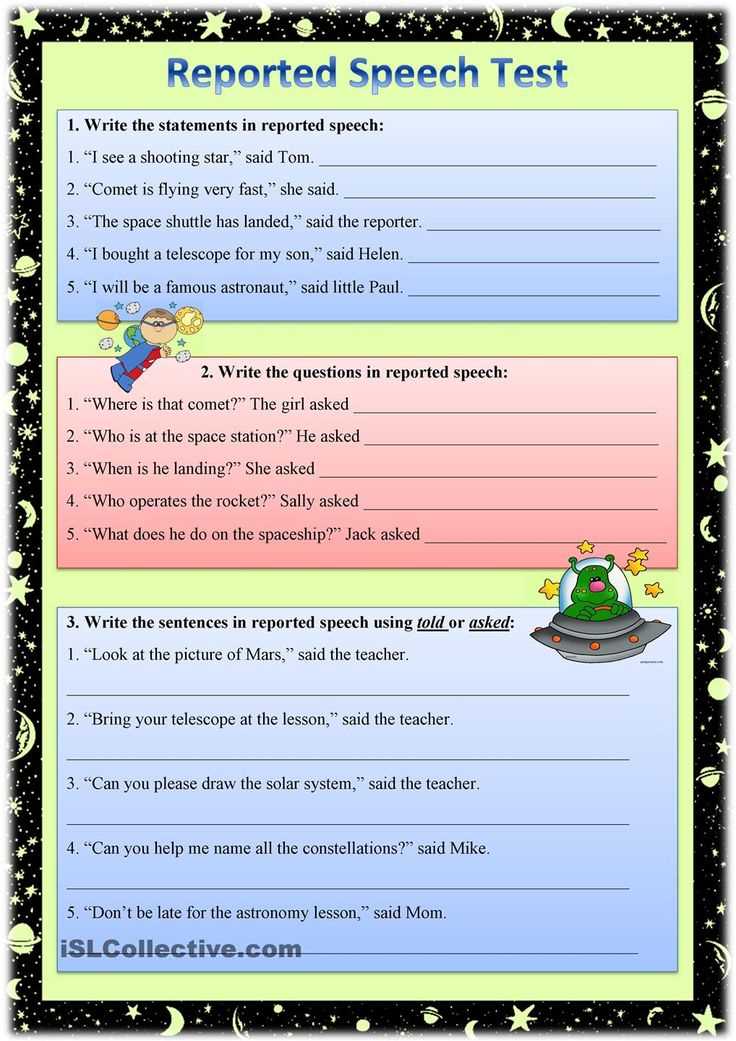
The American Revolution was a pivotal moment in history, as it marked the birth of a new nation and the beginning of the end of colonial rule in North America. The motivations and inspirations behind this revolution were numerous and complex, rooted in a desire for independence, freedom, and the pursuit of a fair and just society.
One of the major inspirations for the American Revolution was the enlightenment ideas that were sweeping through Europe during the 18th century. These ideas emphasized the importance of individual rights, liberty, and equality, and they had a profound impact on the thinkers and leaders of the American colonies. Philosophers such as John Locke, Jean-Jacques Rousseau, and Montesquieu influenced the founding fathers with their ideas on natural rights, social contract, and limited government.
The experience of self-government in the colonies also played a significant role in motivating the revolution. The colonists had gained a taste of self-rule through their local governments, and they were unwilling to relinquish this newfound power. They believed that they should have a voice in the laws and policies that governed their lives, and they saw themselves as equal to their fellow British citizens across the Atlantic.
The oppressive policies and actions of the British government further fueled the desire for revolution. Acts such as the Stamp Act, the Townshend Acts, and the Tea Act were seen as infringements on colonial rights and liberties. The colonists saw these acts as a violation of their natural rights and proof that the British government did not have their best interests at heart.
Lastly, the rallying cries of leaders such as Patrick Henry, Samuel Adams, and Thomas Paine were instrumental in inspiring the American people to take action. Their speeches and writings, such as Henry’s “Give me liberty or give me death” speech and Paine’s “Common Sense,” stirred up passion and conviction in the hearts of colonists and urged them to fight for their rights and independence.
The American Revolution was the result of a culmination of these inspirations and motivations. It was a struggle for freedom and independence, driven by a desire for self-government and the principles of the enlightenment. The impact of this revolution on history cannot be underestimated, as it set the stage for the creation of the United States and influenced the development of democratic ideals around the world.